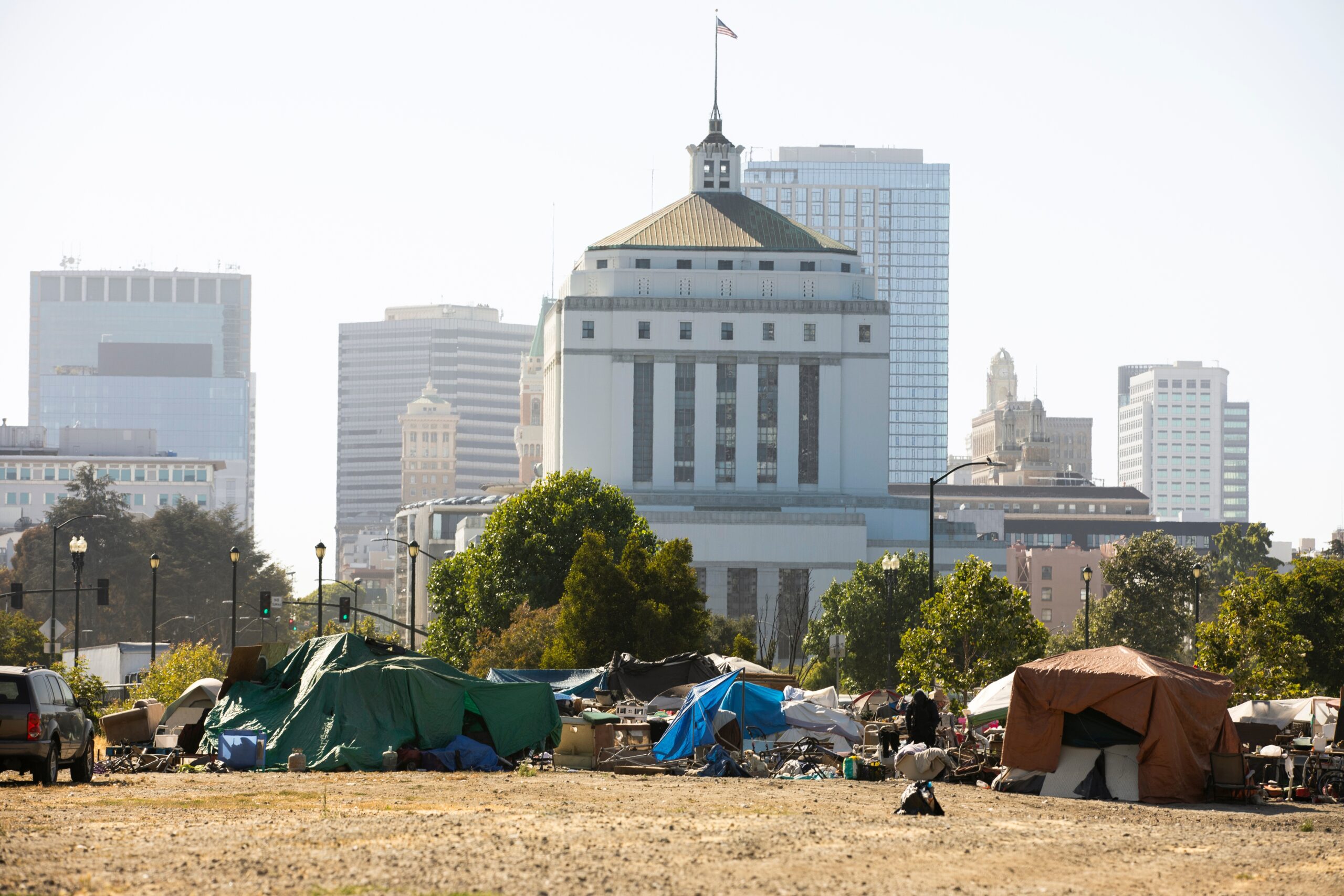To be charitable, miners brave enough to go digging can discover occasional nuggets of value in Madrigal’s ponderous, and entirely predictable, jeremiad. For example:
Oakland had its own version of the urban-renewal thuggery that would eventually lead to the U.S. Supreme Court’s decision in Kelo v. City of New London. In 1960, the U.S. Post Office leveled a 12-block section of West Oakland, in order to build “a huge, new high-tech … distribution center.” Dozens of black folks’ homes were demolished—but the mail facility never got built. The abuse of eminent domain has been a serious problem that has harmed urban residents across the country—but it doesn’t explain why Oakland continues to be an urban basket case.
The book mainly regurgitates a lugubrious litany of progressive bromides, talking points and conspiracy theories that evade the real reasons for Oakland’s despair. “Institutional racism,” deregulation, the depredations of Proposition 13, “Reagan’s cuts to the social safety net,” “neoliberalism,” the oppression suffered by “gig workers,” “the evils of 20th-century chemistry, from fossil fuels to toxic chemicals”—no liberal bugbear escapes citation in The Pacific Circuit’s one-side perspective.
The real problems—ineffective city government, police corruption, rent controls, high taxes and other forms of municipal mismanagement—don’t get much attention.
Sometimes, the nonsense is jaw-dropping. Lyndon Johnson’s “War on Poverty” wins praise, via a quote from Oakland career pol Ron Dellums: “Jobs and economic development programs made real the promise of homeownership.”
The Urban Institute provides an inconvenient fact check: The gap in the homeownership rate between black and white families in the United States is bigger today than it was when it was legal to refuse to sell someone a home because of the color of their skin. In 1960, there was a 27-point gap between black homeownership (38%) and white homeownership (65%). Today, the gap is even wider.
Madrigal’s take on “environmental racism” is equally dubious. Much of his book is a valentine to “Ms. Margaret.” Given her troubled past, Madrigal’s adoration of Margaret Gordon is strange. But the co-founder of the West Oakland Environmental Indicators Project serves as the heroine in The Pacific Circuit’s relentless tales of “environmental racism.”
The assertion that minority communities face ecological assault from white-supremacist polluters withers under serious scrutiny. The Committee For A Constructive Tomorrow’s Melanie Collette put it succinctly: “[E]nvironmental racism is a political tool used to push race-based policies that fail to address the root causes of environmental hardship.” As far back as 1998, a scholar with the left-leaning Brookings Institution concurred: “Though activists have a hard time accepting it, racism simply doesn’t appear to be a significant factor in our national environmental decision-making.”
Slogging through The Pacific Circuity’s dreary catalog of grievances, one can’t help but wonder how the book would be different, had Seneca Scott written it. The “union organizer” and “post-partisan solutionary” would likely devote scant attention to race and “climate.” As Scott observed in a 2024 interview, in Oakland, reaction times to 911 calls “are very slow, and when they pick up, help is rarely on the way soon enough to help you or catch the criminal offender.”
Escaping poverty, literally, is challenging when “one out of every 30 Oaklanders had a vehicle stolen in 2023.” And “[u]nnbalanced renter protection, just-cause eviction laws, and activist judges have allowed occupants essentially to pilfer property from hardworking, middle-class Oakland residents, resulting in the loss of generational wealth for many.”
Madrigal is exactly the kind of polemicist John McWhorter condemns for demanding that America attain “an elevated degree of moral sophistication about black people’s past present, and future” in order to foster “unprecedentedly rapid and effective policy changes.” Choosing to remain mired in an era incontrovertibly marred by racial intolerance, police brutality, restrictive zoning and “Negro removal,” The Pacific Circuit’s author is solely interested in revisiting ugly history.
Too bad. Oakland needs practical solutions to its challenges today—not a lecture from a bicycle-riding “journalist” unwilling to defy the disastrous orthodoxy of what he calls “probably the most liberal city in America.”
Dowd Muska is a researcher and writer who studies public policy from the limited-government perspective. A veteran of several think tanks, he writes a column and publishes other content at No Dowd About It.


